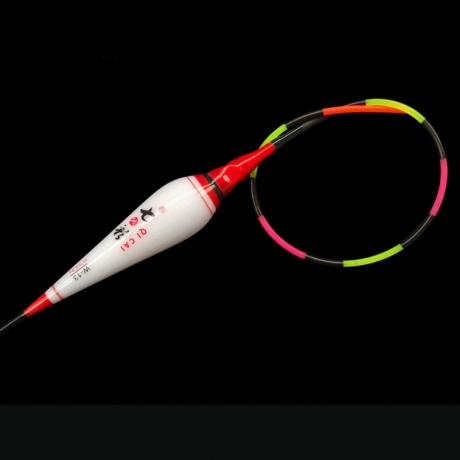ABS is widely used as a raw material in gmtlight products. ABS is also a safety plastic. The test Projects include the following:

Mechanical properties: density, hardness, surface resistivity, dielectric property, tensile property, impact property, tear property, compression property, adhesive strength, wear resistance, low temperature property, rebound property;
Aging performance: heat aging, ozone aging, UV lamp aging, salt fog aging, xenon lamp aging, carbon arc lamp aging, halogen lamp aging;
Liquid resistance: lubricating oil, gasoline, engine oil, acid, alkali, organic solvent, water;
Combustion performance: vertical combustion, alcohol burner combustion, roadway propane combustion, smoke density, combustion rate, effective combustion calorific value, total smoke emission;
Applicable performance: hydraulic resistance, impulse test, conductivity, water tightness and air tightness;
Production parameters: melt index, viscosity, mold shrinkage, melting temperature, etc [3]
Conventional performance
The plastic ABS is nontoxic and tasteless, and its appearance is ivory translucent, or transparent particles or powder. Density is 1.05-1.18g/cm3, shrinkage is 0.4% - 0.9%, modulus of elasticity is 2gpa, Poisson's ratio is 0.394, hygroscopicity is less than 1%, melting temperature is 217-237 ℃, thermal decomposition temperature is more than 250 ℃.
mechanical property
Plastic ABS has excellent mechanical properties, good impact strength, and can be used at very low temperature; plastic ABS has excellent wear resistance, good dimensional stability, and oil resistance, and can be used for bearings under medium load and low speed. The creep resistance of ABS is larger than that of PSF and PC, but smaller than that of PA and POM.
Thermal Properties
The thermal deformation temperature of plastic ABS is 93 ~ 118 ℃, and after annealing, the temperature of products can be increased about 10 ℃. ABS can still show certain toughness at - 40 ℃, and can be used in the temperature range of - 40 ~ 100 ℃.
Electrical properties
The electrical insulation of plastic ABS is good, and it is hardly affected by temperature, humidity and frequency. It can be used in most environments.
Environmental performance
Plastic ABS is not affected by water, inorganic salt, alkali and many kinds of acids, but it is soluble in ketones, aldehydes and chlorinated hydrocarbons. It will produce stress cracking when eroded by glacial acetic acid and vegetable oil. ABS has poor weather resistance and is easy to degrade under the action of ultraviolet light; after half a year outdoor, the impact strength is reduced by half.
The above is provided by gmtlight detection department.




